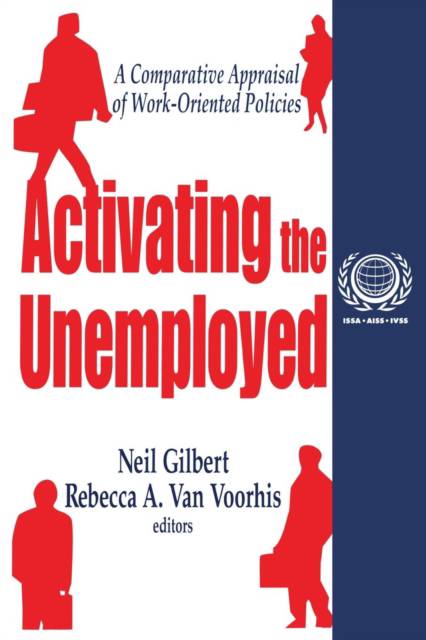
- Afhalen na 1 uur in een winkel met voorraad
- Gratis thuislevering in België vanaf € 30
- Ruim aanbod met 7 miljoen producten
- Afhalen na 1 uur in een winkel met voorraad
- Gratis thuislevering in België vanaf € 30
- Ruim aanbod met 7 miljoen producten
Zoeken
Activating the Unemployed
A Comparative Appraisal of Work-Oriented Policies
Neil Gilbert, Rebecca A Van Voorhis
€ 100,95
+ 201 punten
Omschrijving
The last decade has witnessed a conspicuous alteration in policies protecting unemployed people in modern welfare states. Social policies are increasingly designed to encourage economic independence. Policy makers have introduced a wide range of reforms linking disability, unemployment, and welfare programs cash benefits to work-oriented measures.
Specificaties
Betrokkenen
- Auteur(s):
- Uitgeverij:
Inhoud
- Aantal bladzijden:
- 334
- Taal:
- Engels
- Reeks:
- Reeksnummer:
- nr. 3
Eigenschappen
- Productcode (EAN):
- 9780765807670
- Verschijningsdatum:
- 31/05/2001
- Uitvoering:
- Paperback
- Formaat:
- Trade paperback (VS)
- Afmetingen:
- 152 mm x 229 mm
- Gewicht:
- 449 g

Alleen bij Standaard Boekhandel
+ 201 punten op je klantenkaart van Standaard Boekhandel
Beoordelingen
We publiceren alleen reviews die voldoen aan de voorwaarden voor reviews. Bekijk onze voorwaarden voor reviews.







